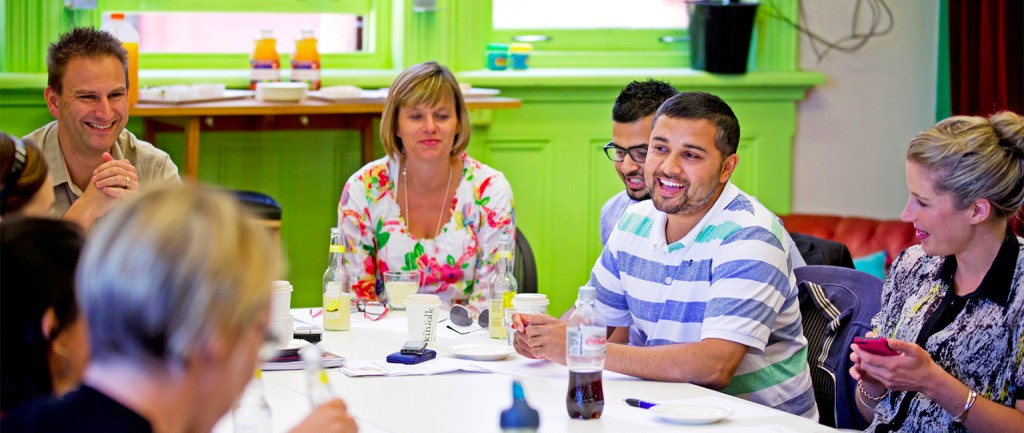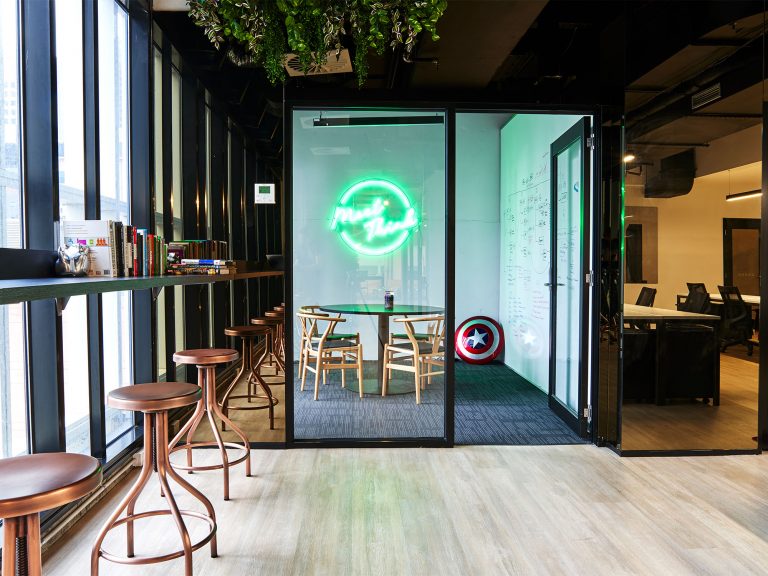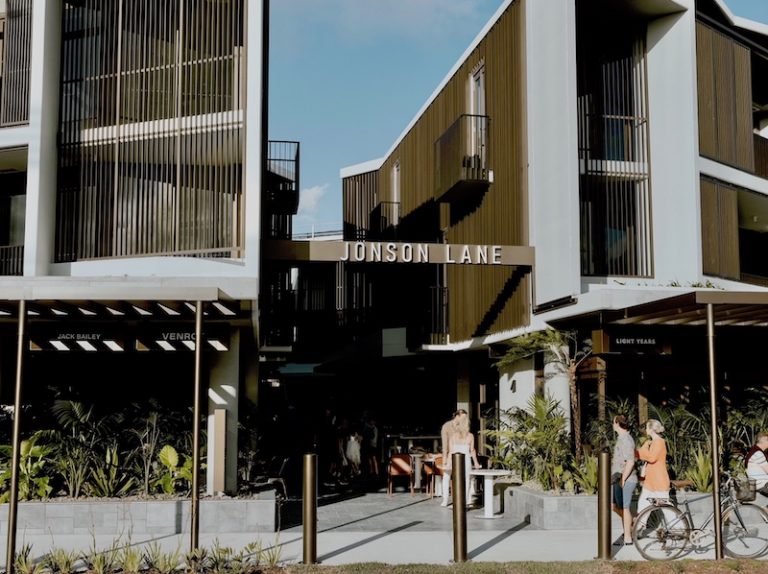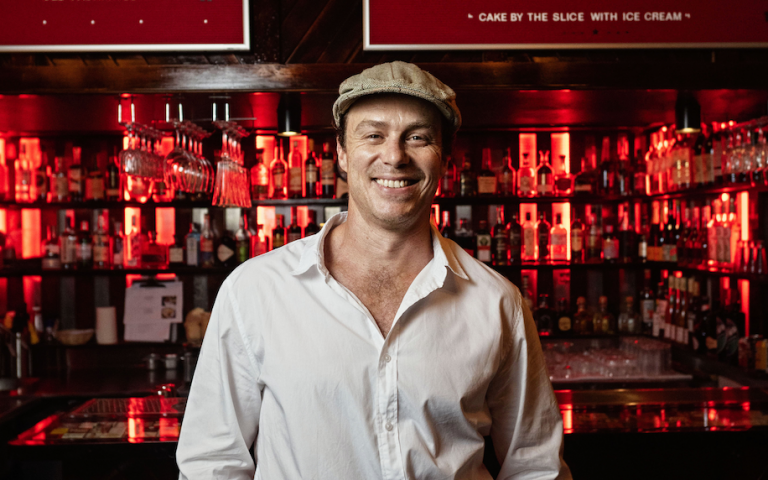Coworking space – an alternative to the traditional office

Coworking is a global phenomenon and new spaces are popping up everywhere, especially here in Australia.
At last count there were eight in Adelaide, 13 in Melbourne, 12 in Brisbane and 23 in Sydney – and with new ones opening all the time.
So what are they and why are they so popular?
Coworking spaces are office spaces that individuals or small groups share while working on individual projects.
Being a member of a coworking space gives you access to wifi, meeting rooms, office equipment and a professional office environment. But that isn’t the whole story, or even half of it.
To find out more, we spoke to Imogen Coles, Space Host at Hub Melbourne, and asked her to define coworking.
“Coworking is a like-minded professional community that you get to interact with through space,” Coles says.
“We have a diverse community at Hub Melbourne. And I use that word community because we are first and foremost a collaborative community and we utilise space because its an incredibly effective way of making connections and enhancing that collaboration,” she says.
And that seems to be the key offering of coworking for many small businesses, start-ups or freelancers. Coworking gives people a chance to connect and network with others in a collaborative way.
It’s an alternative to the isolation of working from home without incurring the costs and risks associated with leasing an office space.
Curated Serendipity
The Hub Melbourne is typical of many coworking spaces. It’s a modern, fresh, open-plan space with high ceilings, funky desks and different work spaces and areas. Desks in the middle, couches and hammocks to one side and group tables to the other, as well as a huge and fully equipped kitchen and a variety of quirky meeting rooms.
Coles says the use of space is deliberate and designed to “create an environment where you feel comfortable, where you feel open to people, to collaborate”.
“We are in the business of curated serendipity; you may end up sitting next to the person who will take your business to the next level or have a conversation with someone that gives you a totally new perspective. At any time you can have a conversation that leads to those ‘a-ha’ moments that happen in a collaborative space.”
Passionate yet diverse
Many people think coworking is just for tech start-ups and coders but most spaces are defined by the diversity of their members.
Hub members – or Hubbers – at the Melbourne space include small to medium enterprises, not-for-profits and advocacy groups as well as individuals such as lawyers and freelancer.
Imogen Coles says coworking will work well for anyone whose “cultural value set is open, collaborative, innovative and autonomous” regardless of the state of their business.
However, she notes that entities larger than 10 are too big for coworking.
“Once your business reaches that size, you start to collaborate within your own organisation” she says. “It’s always a bittersweet time as it is great to see a business outgrow coworking because of their success, but we also miss them when they go”.
The most common trait of members of a coworking space is their passion for what they do.
“Hubbers tend to be working on something they are very passionate about that tends to be their whole life,” says Coles. And the passion is contagious, which drives the energy of most coworking spaces.







